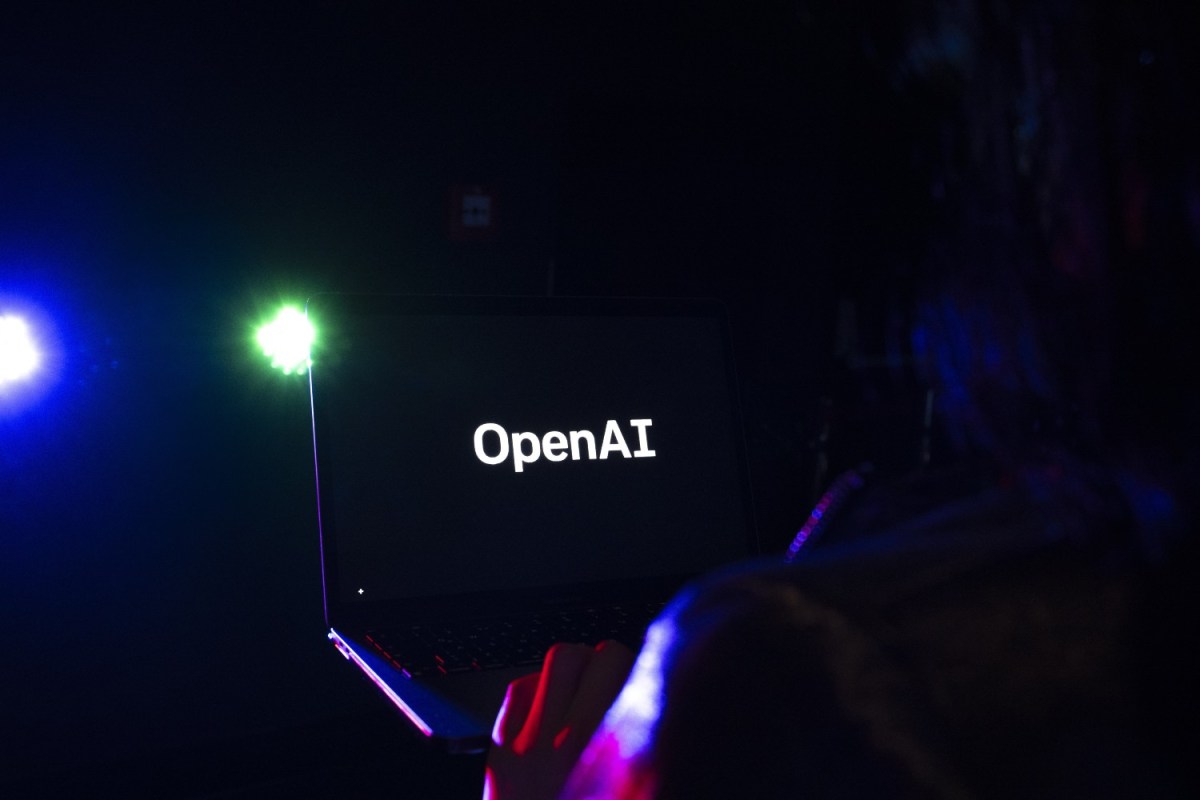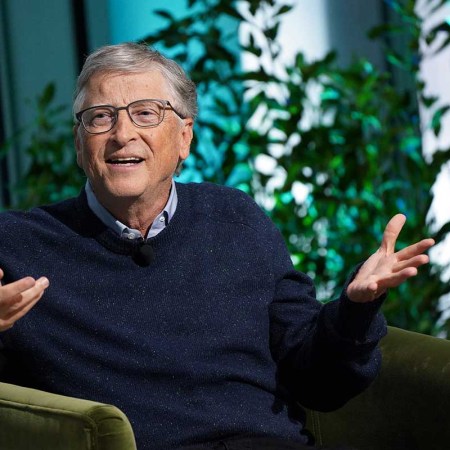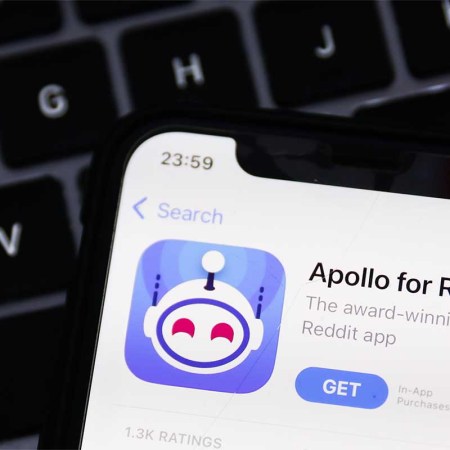With the pace of technological advancements being what they are, it’s a rare occasion indeed that a technology company makes a high-profile decision to not release next-gen tech. And yet that’s precisely what OpenAI has opted to do with its voice emulation technology, Voice Engine — citing election year concerns as one big reason for their decision.
The Guardian‘s Alex Hern writes that the OpenAI tool was able to emulate a person’s voice based on a 15-second clip of them talking. As OpenAI pointed out in a blog post about their decision, there are some non-chaotic reasons for this, such as Voice Engine benefiting “those suffering from sudden or degenerative speech conditions” and being used to read text in educational and therapeutic settings.
“We recognize that generating speech that resembles people’s voices has serious risks, which are especially top of mind in an election year,” the company writes by way of explaining why they aren’t making Voice Engine widely available. OpenAI also called for the creation of “a no-go voice list that detects and prevents the creation of voices that are too similar to prominent figures.”
It isn’t hard to see where OpenAI’s technology could interfere with an election. At present, South Korea is struggling with an influx of deepfakes in its own upcoming election. Celebrities and politicians aren’t the only cases where voice duplication could be alarming; last month, The New Yorker ran a terrifying article on scammers using voice emulation technology to convince people that their loved ones are in danger.
There’s Good and Bad News About the AI Pact Several Countries Just Signed
Is it a good first step, or will it be largely ineffectual?“It’s important that people around the world understand where this technology is headed, whether we ultimately deploy it widely ourselves or not,” OpenAI declared. A company opting out of making advanced tech widely available is a rare event, but in this case, it seems entirely understandable.
This article appeared in an InsideHook newsletter. Sign up for free to get more on travel, wellness, style, drinking, and culture.



















